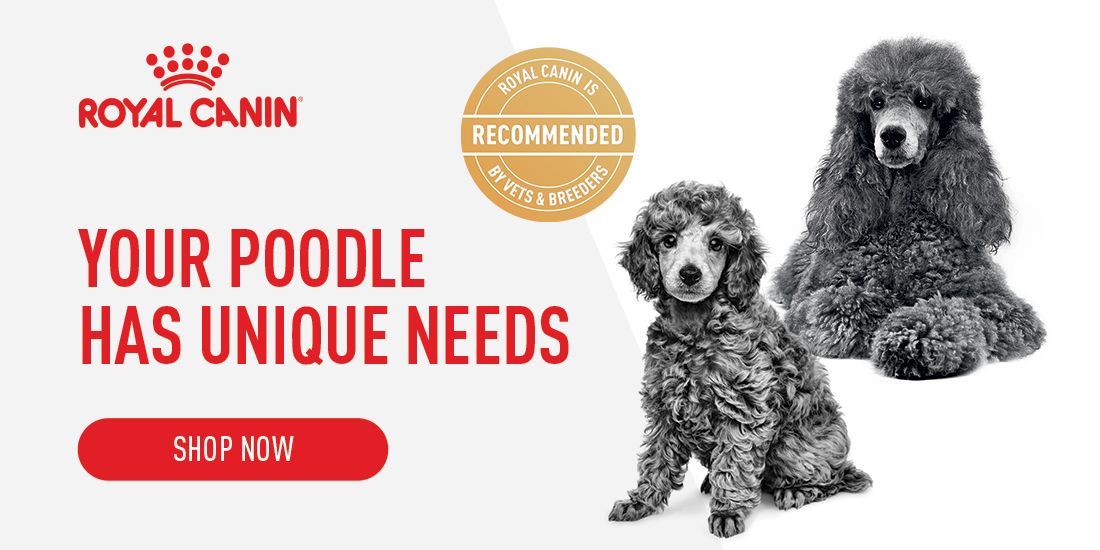Dog Breed
Toy Poodle
Freindliness
Exercise Needs
Health Issues
Barking Tendencies
Grooming Needs
Shedding Level
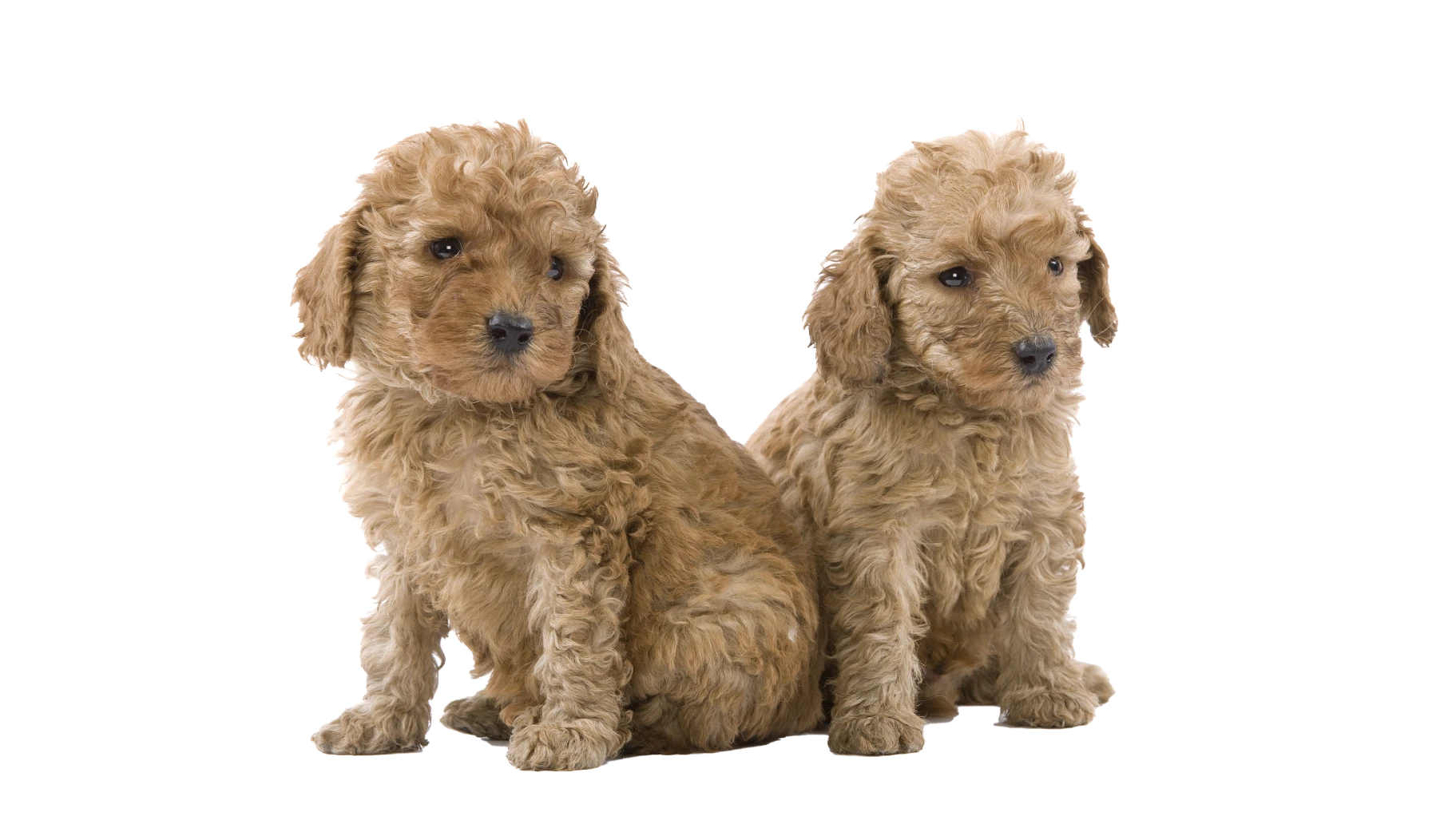

Pocket-sized playmate
Small they might be, but Toy Poodles are sassy, smart, self-confident dogs that know what they like - and aren’t afraid to tell you about it. Underneath that long, curly, low-shedding coat lies an athlete (honestly - Poodles were bred to be hunting dogs and are excellent swimmers). With this strong personality comes a dog that needs plenty of mental and physical stimulation and human companionship.
Toy Poodles live up to their name: they grow to a maximum of 25cm tall and weigh up to 3kg. Even though they’re small, they have a long lifespan and will quickly gain a place in the centre of your household (and your heart).
Caring for your Toy Poodle
Nutrition
Choosing the right food
Every dog is unique. From the small, flat-faced Pug to the obesity-prone Labrador Retriever. ROYAL CANIN® Breed Health Nutrition is tailor-made to address the unique needs of pure breed dogs. These breed specific formulas benefit from the latest ROYAL CANIN® research on the selection of the best protein sources, unique nutrients and tailor-made kibbles.
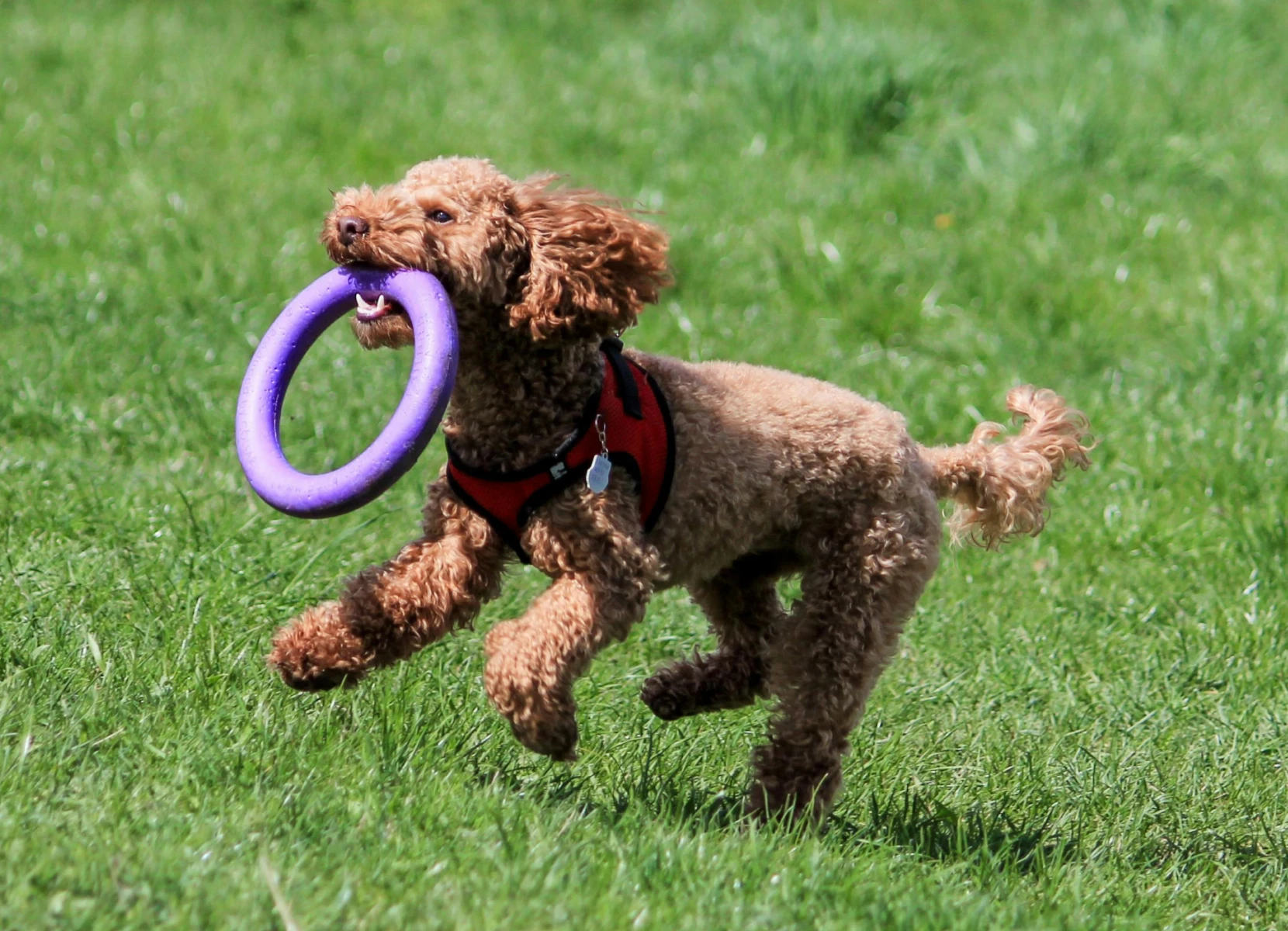
Exercising your dog
All Poodles are active, high energy dogs - including Toy Poodles.
They love to keep busy (that’s their intelligence coming into play again) and enjoy all types of activity, especially swimming and walking or even jogging.
Bred to be hunting dogs, they have a strong instinct to retrieve. Keep their mind and body busy with long games of fetch.
Athletic they might be, but they’re not fast or particularly hardy so any type and amount of exercise you can give them, they’ll be happy with.
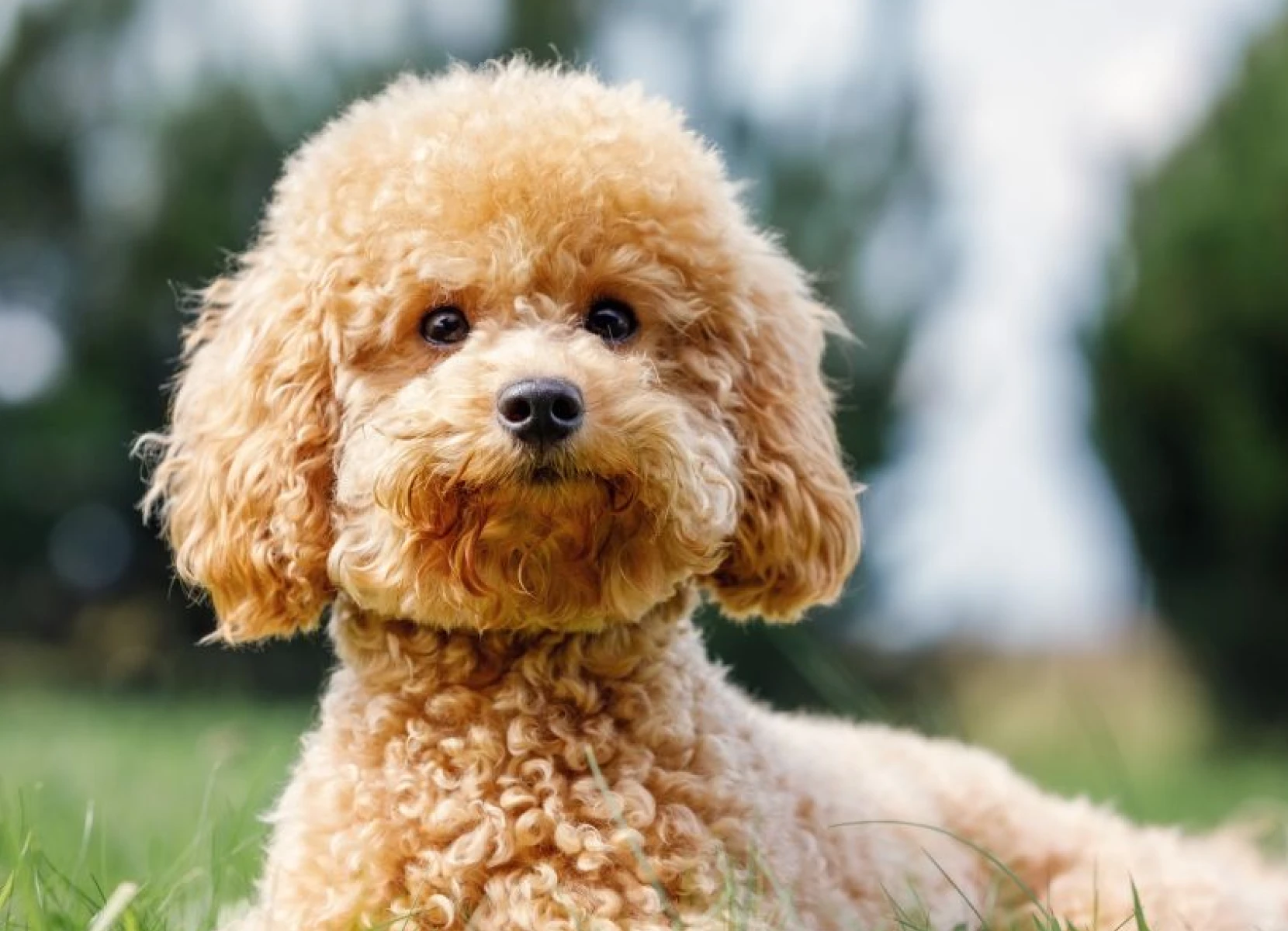
Training your Toy Poodle
Thanks to their intelligence, Toy Poodles are easily trained. They’re also keen to please their people and enjoy having a job to do. Keep training fun and positive, and they’ll quickly pick up new tricks.
Training should be firm yet fair and consistent. Focus on obedience training to begin with, before letting them impress you with their skills - roll over and play dead anyone?
It’s a good idea to socialise Toy Poodles with children from when they’re a puppy.
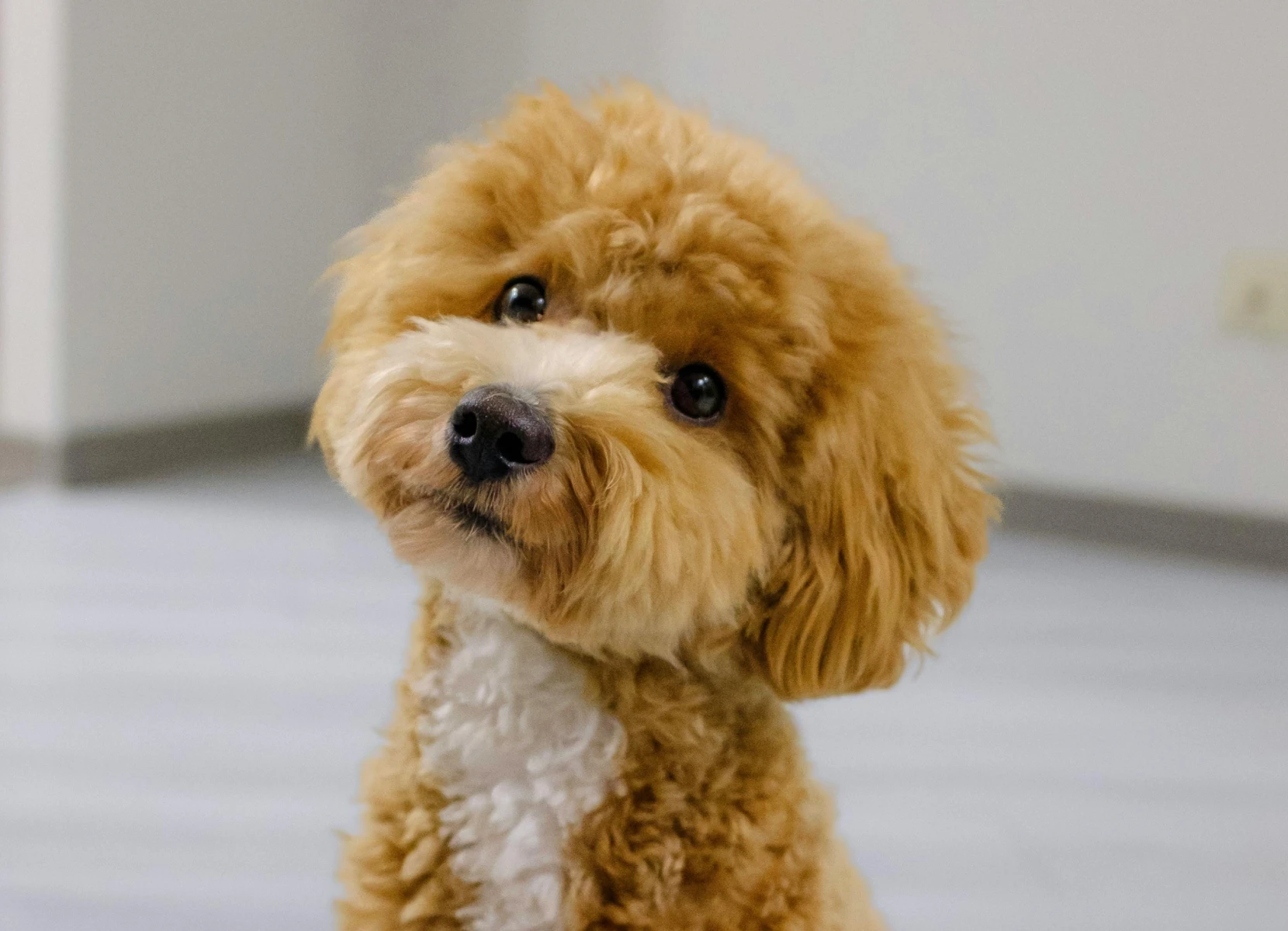
Your dog's health
By recognising health problems in a Toy Poodle early you can seek advice and treatment from a veterinarian.
Reduce the risk of health problems by purchasing a puppy from a responsible breeder. Always inspect breeding facilities and breeding dogs, and never buy from a distant online seller.
Health Issues to watch out for:
Joint Problems
Blood Clotting Disorders
Cushing's Syndrome
Tracheal Collapse
Cataracts
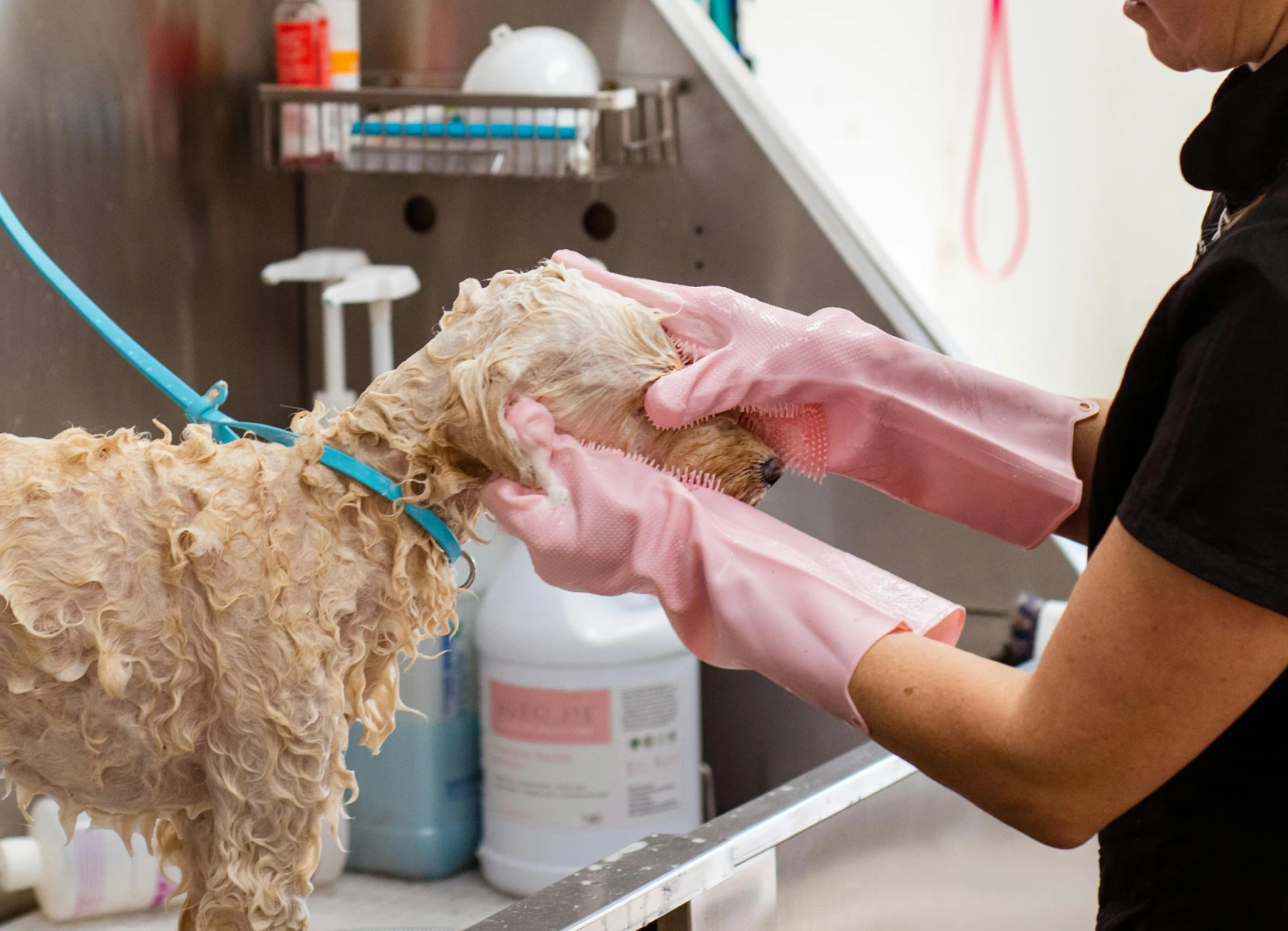
Grooming your dog
Toy Poodles need to be brushed every single day, otherwise their fur will curl in on itself. Without daily brushing, their hair is prone to matting, right down to the roots. Not only can this cause skin infections, but it usually needs to be shaved off.
As well as brushing, a Toy Poodle needs a bath and haircut every 4-6 weeks. You can do this clipping and trimming at home yourself or take them to a professional groomer. Make it a doggy spa day and trim their nails at the same time.
Also check their wide, folded ears - a Toy Poodle’s hair will grow inside their ear canal, trapping wax and dirt so give them a gentle clean. Finally, 2-3 times a week brush their teeth.
Key characteristics of Toy Poodles
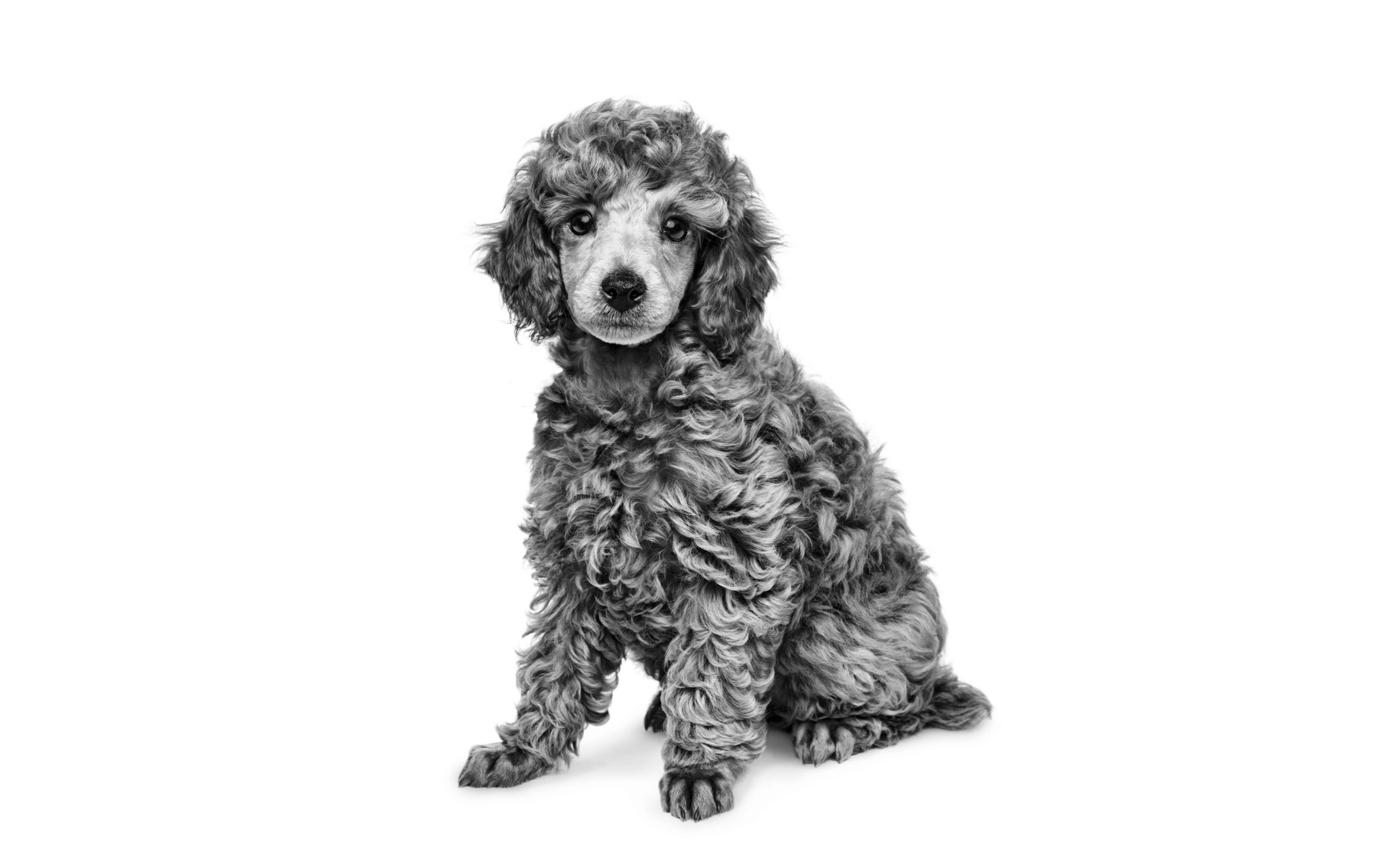
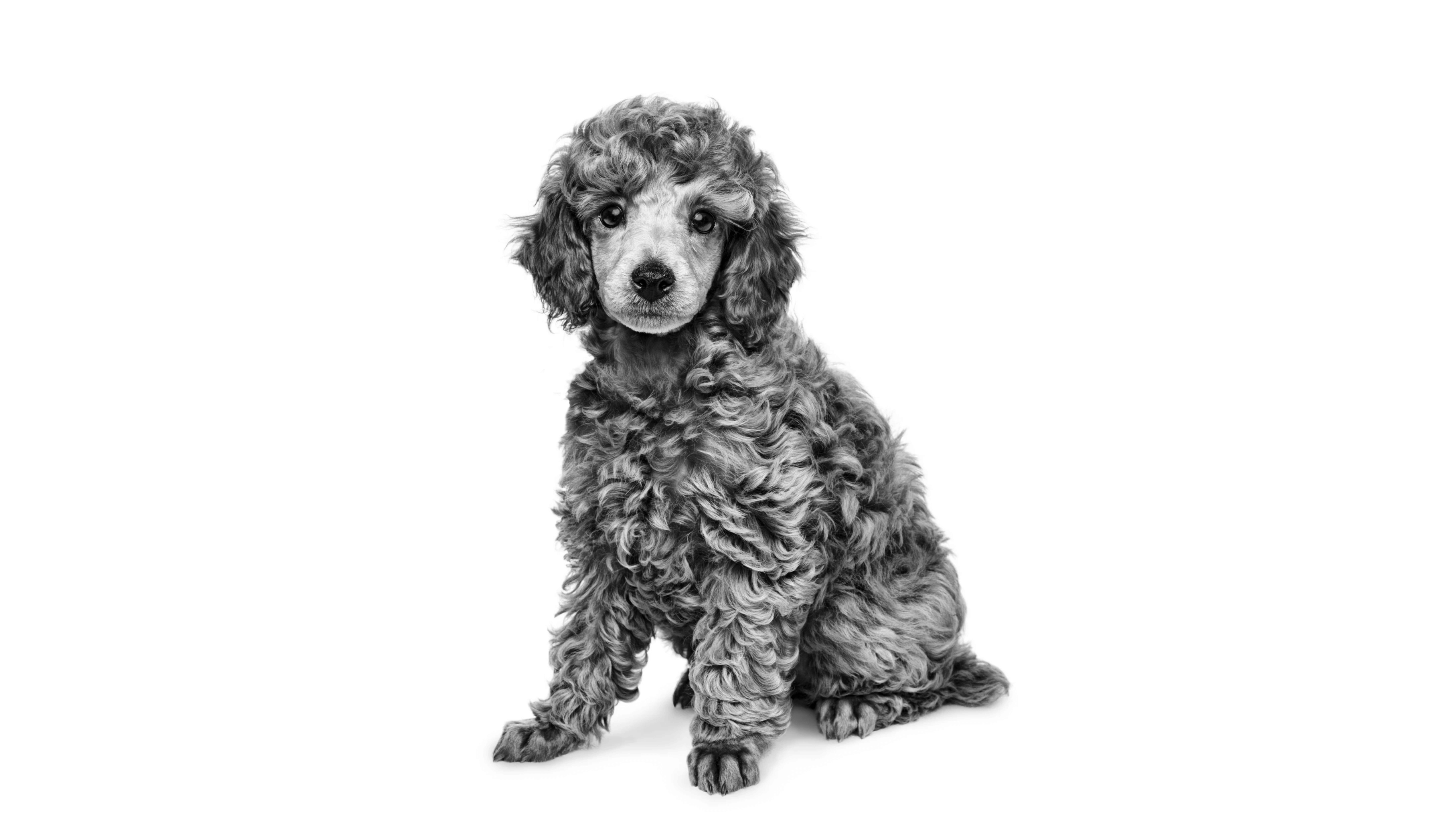
Toy Poodle FAQs
Toy Poodles may be small in size, but they’re big on personality. If you're thinking about adding one to your home or already have a curly-coated companion, these FAQs cover common questions about Toy Poodles that aren't covered in the basics — from allergy friendliness to apartment living and more.
Are Toy Poodles hypoallergenic?
Yes, Toy Poodles are often considered a hypoallergenic dog breed. While no dog is completely allergy-free, their tight, curly coat sheds very little and may produce fewer allergens compared to other breeds.
Can Toy Poodles live in apartments?
Toy Poodles are an excellent fit for apartment living due to their small size and adaptability. As long as they get daily exercise and stimulation, they thrive in smaller spaces with their people nearby.
How often should Toy Poodles visit a professional groomer?
Most Toy Poodles benefit from a professional grooming session every 4 to 6 weeks. This includes a full clip, nail trim, ear check, and a tidy-up of their coat to prevent matting and skin issues.
Do Toy Poodles get along with other dogs?
Yes, Toy Poodles are generally sociable and enjoy the company of other dogs. Early socialisation helps build confidence, and they tend to get along best with similarly gentle or playful companions.
Are Toy Poodles prone to separation anxiety?
Toy Poodles are very people-oriented and can develop separation anxiety if left alone for long periods. Providing enrichment toys and establishing a predictable routine can help ease their stress.
These FAQs offer extra insight into life with a Toy Poodle. Whether you're drawn to their low-shedding coat, compact size, or lively spirit, Toy Poodles make loyal, clever companions for a variety of homes — especially when given the love and structure they crave.





